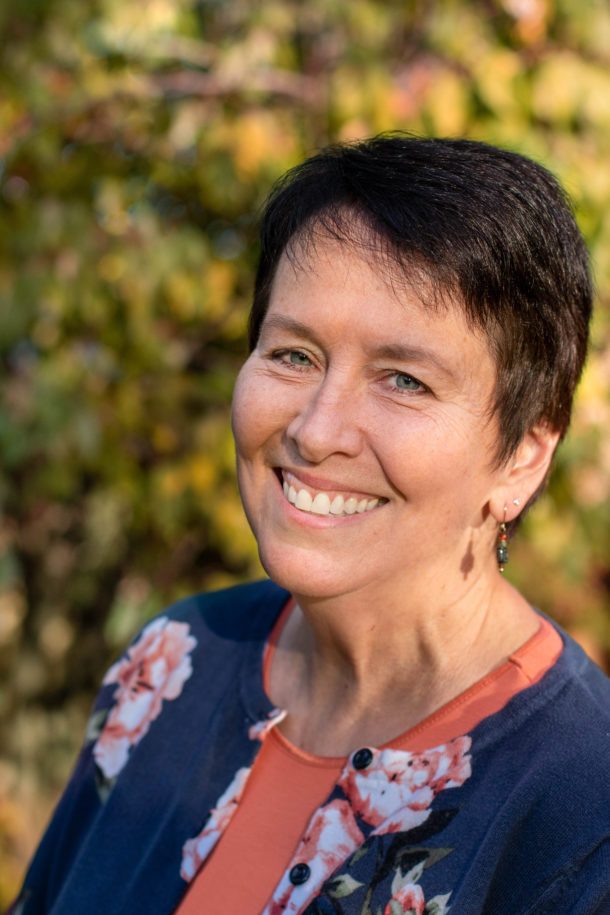What is homeschooling?
Homeschooling is an umbrella term for all types of home-based education. On one end of the spectrum is complete parental control (replicating public school at home) to complete child control (unschooling) at the other end.
Using the public school’s curriculum to teach children at home is technically not homeschooling. In this scenario, families are satellites of the public school system and are subject to the rules and regulations of that school. They have to follow the school’s schedule, testing requirements, and are limited to only the classes and subjects offered. Virtual public schools give parents a little more leeway when it comes to scheduling, but, generally, the required curriculum, testing, and grading stay the same.
The beauty of homeschooling, as opposed to public schooling, is that parents and children decide which method or methods of education work best for them. They determine their own schedule and decide which resources to use. Thankfully there are unlimited homeschool curricula and resources to choose from.
The key is flexibility. Many parents start by using a curriculum and then move toward unschooling as they begin to trust their children’s desires to learn.
What is unschooling?
Unschooling, also known as natural or self-directed learning, is child-led learning. Unschooling children decide what subjects they want to study, when they will study those subjects, and what methods they use to study.
Parents act as facilitators rather than teachers, ensuring their child has the resources he or she needs to learn. Older unschoolers might decide to use math workbooks or textbooks, but generally, unschoolers prefer real-life situations and hands-on experiences.
Is homeschooling legal?
Homeschooling has been legal in all 50 states since 1993. Each state has its own regulations. For instance, I unschooled my daughters in Illinois which considers homeschools to be private schools. Children in Illinois have to be taught in English the same subjects as those offered in public schools. There are no standardized tests or teacher qualifications.
To read a summary of the state-by-state regulations, check Findlaw. Before you begin to homeschool, be sure to read your state’s regulations thoroughly to make sure your homeschool is compliant.
Also, please be sure to check with your state’s homeschool associations. They can give you the best guidance on how to navigate your state’s regulations. Check Homefires’ State Homeschool Organization Directory to find local associations.
Your local homeschooling organization is a wealth of information on all aspects of homeschooling. The top homeschooling organization in Wisconsin is the Wisconsin Parents Association (WPA). In Illinois, be sure to check out Illinois H.O.U.S.E. (Home Oriented Unique Schooling Experience), I.C.H.E. (Illinois Christian Home Educators), and the Ad Hoc Committee for Illinois Home Education Legal and Legislative Matters.
What about socialization?
Socialization, learning to get along in society, is rarely a problem for homeschoolers. In fact, homeschoolers tend to be better socialized than public school children because their “schoolroom” includes their community. There they learn and interact with people of all ages, races, and cultural backgrounds. Additionally, homeschoolers don’t have to deal with bullying, cliques, and the other negative aspects of public school life.
According to a 2013 article on homeschooling research by Richard G. Medlin
“Compared to children attending conventional schools, however, research suggests that they have higher quality friendships and better relationships with their parents and other adults. They are happy, optimistic, and satisfied with their lives. Their moral reasoning is at least as advanced as that of other children, and they may be more likely to act unselfishly. As adolescents, they have a strong sense of social responsibility and exhibit less emotional turmoil and problem behaviors than their peers. Those who go on to college are socially involved and open to new experiences. Adults who were homeschooled as children are civically engaged and functioning competently in every way measured so far.” Richard G. Medlin, “Homeschooling and the Question of Socialization Revisited”
What about testing?
Most states do not require standardized testing for homeschoolers, but some do, so be sure to check your state’s regulations. If your state doesn’t require testing, you’re certainly entitled to test your children but it’s completely unnecessary. You are with your children every day; you’re aware of what they’re doing and how well they’re progressing. That’s all the testing you need.
Do homeschoolers use workbooks and textbooks? Do unschoolers?
Most homeschoolers do at some point. Those who use the school-at-home method of homeschooling will use workbooks and textbooks at the start of their child’s education. A majority of parents use an eclectic approach that combines multiple approaches. For example, parents might let the children decide certain aspects of their education unschool art, but then assigning a math curriculum or use a unit study for biology.
Unschooling families prefer hands-on and real-life activities, particularly when the children are younger (before the age of 12). Because unschooling is child-led, the child may decide to use workbooks and textbooks and will select those best suited for his or her needs. For instance, my daughters decided to use Math-U-See to study math.
What are the best homeschooling curricula?
The best curriculum is the one that works well for your family. This includes no curriculum at all. Before spending a lot of money on a course of study, talk to your child about his or her interests and pay close attention to how they learn. Is he a quiet child who curls up on the couch with a good book? Does she like to get her hands messy when kneading bread dough or digging in the garden? There are curricula for every kind of learner.
Also, be sure to talk to other parents for recommendations for the programs they use. Click here for a list of some of the top-quality curricula available today.
How much does homeschooling cost?
As much as you want to spend! If you use your local library for books, computer usage, games, videos, and other resources, then you’ll spend nothing at all.
What if my child wants to go to college?
Many colleges and universities eagerly accept homeschoolers because of their eagerness to learn. Some, like Princeton, provide separate admissions pages for homeschooling. On Princeton’s Home School Students page it states:
“We understand that for many home schooled students there is not as clear a distinction between academic and nonacademic activities as there might be for students in a traditional high school. The more you can document for us and describe what you have done during your high school years, academically and otherwise, the better. Feel free to go beyond the questions on our application forms if they don’t cover everything you think is important for us to know. There may also be questions that simply don’t apply in the case of a home schooled student (for instance, our question about class rank on the School Report). You and others completing forms on your behalf may leave those questions blank.”
As soon as your child shows an interest in going to college, research college admissions policies to determine what requirements your child will need to fulfill. This may include drafting a transcript or getting a GED, taking the ACT or SAT, writing a personal essay, being interviewed, etc.
For a more detailed discussion of homeschoolers and college, see my article “Homeschoolers and College.”




